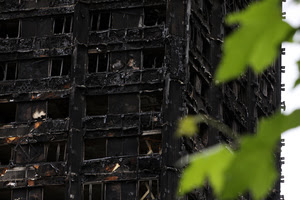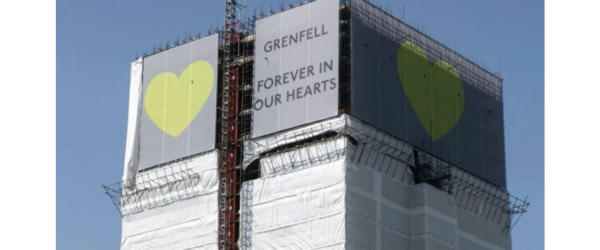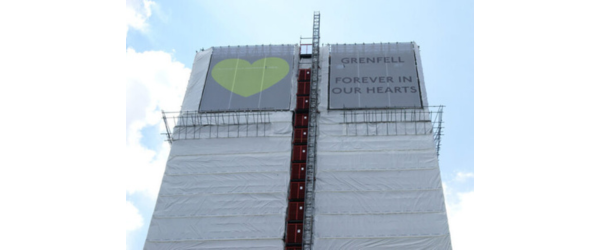WOBO is pleased to provide a selection of news items and responses to events that have taken place.

“Chain of failures” and “systematic dishonesty” realised Grenfell tragedy
THE GRENFELL Tower fire that occurred in London’s North Kensington on 14 June 2017 and realised the deaths of 72 people was the result of a “chain of failures” by central Government, “systematic dishonesty” exhibited by companies and a lack of strategy from the Fire and Rescue Service. These are some of the core conclusions outlined by the Grenfell Tower Inquiry Panel within the gargantuan 1,700-page Phase 2 final report.

Fire Safety Matters launches State of the UK Fire Safety Market Survey
FIRE SAFETY Matters is conducting a comprehensive State of the UK Fire Safety Market Survey, the detailed results of which will be analysed and then appear in the Fire Safety Matters Guide to the UK Fire Safety Industry 2024-2025. The latter is due to be published in mid-November.

HC-One Limited fined £500,000 following Arcadia Gardens Care Home fire
AT GLASGOW Sheriff Court on 15 August, Sheriff M D Jackson KC fined HC-One Limited the sum of £500,000 after the company admitted failures that led to the death of Carol Hughes, a resident at the company’s Arcadia Gardens Care Home.

Grenfell: Local authority shortcomings contribute to vulnerability of residents in fire
Poor safety management and insensitivity to residents’ concerns characterised landlord’s failings at Grenfell Tower, according to the Phase 2 report. Ron Alalouff continues his analysis of the inquiry.
The management of fire safety at Grenfell Tower was largely in the hands of two organisations: the local authority, the Royal Borough of Kensington and Chelsea (RBKC); and its arms-length tenant management organisation (TMO), which was responsible for the day-to-day running of the council’s housing.
The Phase 2 report states that RBKC’s oversight of the TMO’s performance was “weak” and fire safety was not subject to any key performance indicator. “The absence of any independent or rigorous scrutiny by RBKC of the TMO’s performance of its health and safety obligations, and in particular its management of fire safety, was a particular weakness,” says the report’s executive summary. The council took little or no account of an independent and highly critical review of fire safety carried out for the TMO in 2009. It did not even know about a further independent and highly critical report produced in 2013 because the TMO had failed to disclose it to RBKC.

Following this, England has seen a significant overhaul of building and fire safety regulations. The introduction of the Fire Safety Act 2021 and Building Safety Act 2022 both underscore a national commitment to ensuring the safety of high-rise and residential buildings. This article delves into the key legislative and regulatory developments post-Grenfell.

NOISE INDUCED hearing loss is permanent, but it can be prevented. Stuart Marshall provides advice on how to ensure your hearing protection is sound.
Noise is a significant health hazard in the workplace, with more than 2 million people in Britain exposed to unacceptable levels of noise at work.1
Over time, working in an environment where there is daily exposure to extreme sound levels can damage a person’s hearing and severely affect their life and wellbeing.
Noise-induced hearing loss is permanent, but is 100 per cent preventable.

Rogue landlord put tenants lives at risk
A LANDLORD has been given a suspended sentence of 26 weeks and electronically tagged for 4 months after putting the lives of her tenants at risk by not maintaining gas appliances at a property in Kent.
Personal safety devices made mandatory as part of council’s PPE
Norfolk’s Breckland Council has rolled out personal safety devices for its 300 staff members as mandatory.
The council said that many of its employees spend time working away from the office, in the field and during unsociable hours and now plans to incorporate the devices from service provider, Peoplesafe, as standard council PPE.
The devices are said to track where staff are and record incidents, with an added Alarm Receiving Centre, alerting emergency services should a difficult situation escalate.
None of Breckland Council’s job descriptions are currently considered ‘high risk’, however Corporate Health and Safety Advisor, Nick Kendrick, said he is strongly encouraging managers to make the devices mandatory PPE for staff out in the field, where the risk assessment has identified a particular risk and where the device will help to enhance safety.
